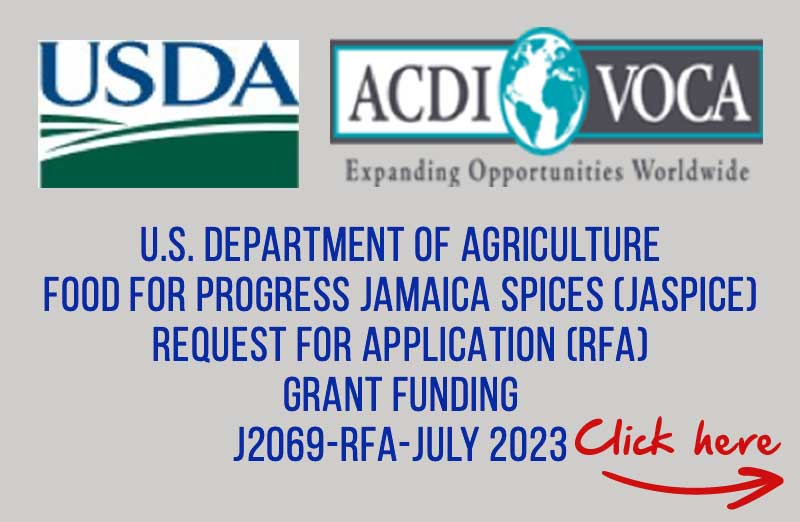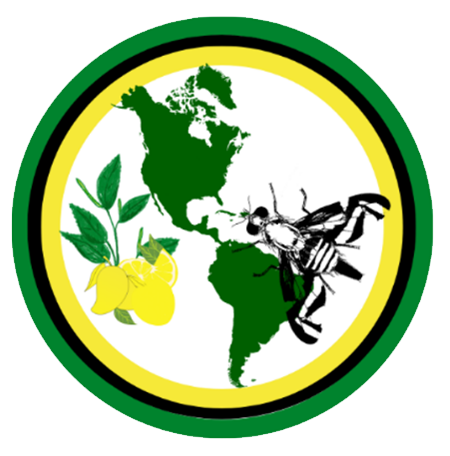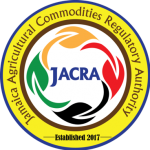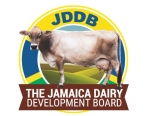
Director for Strategic Planning and Projects at RADA, Vaughn Barnaby
The Rural Agricultural Development Authority (RADA) is working closely with turmeric, ginger and pimento farmers to apply research from the US Department of Agriculture (USDA) Food for Progress Jamaica Spices (JaSPICE) project to improve crop quality.
Director for Strategic Planning and Projects at RADA, Vaughn Barnaby told JIS News that the project is being implemented over five years and is now in its extension phase to transfer new knowledge to farmers.
“Extension happens where we are taking that research and mobilizing that with the farmers. The authority now works with the project, with the research that is happening to translate that to the farmer to capacity building sessions. Those capacity building sessions were the things that were found to be most effective in the participant methodology, which we call the ‘farmer field school’,” Mr. Barnaby said.
He added that as participants of the sessions, spice farmers meet weekly with extensions officers.
“They are passing on information from crop site selection, selection of your planting material, land preparation right through to harvesting and post-harvest handling and that now allows the farmer to have at whatever stage in the production, the knowledge capacity development,” he pointed out.
Through the ‘farmer field school’, farmers are also educated on how to identify plant diseases and use best practices in intervention to protect their crops.
“We learn from our research… how you intervene and at what time is the best for that intervention because each pathogen, based on the life cycle of the pathogen, you would have to intervene at a different time for your intervention to be most effective. You can’t just go and spray,” Mr. Barnaby said.
He further noted that disease management research under the JaSPICE project is crucial to ensuring crops are market ready.
“Moving into the post-harvest handling, you want to pull back your intervention to ensure that whatever goes to the marketplace, is not carrying your pest management problems. With the rhizome rot that is our main issue with ginger, it causes the ginger to be less productive and more and more market unfriendly,” he said.
Research from the JaSPICE project is expected to have significant economic gain for the sector.
“With the interventions from research passing on to the farmers, the farmers are now more productive, they’re getting more yield per acre. This means that they are now able to make more profit, and we are now talking about the sustainability of rural livelihood. Extension is important in that,” Mr. Barnaby said.






















